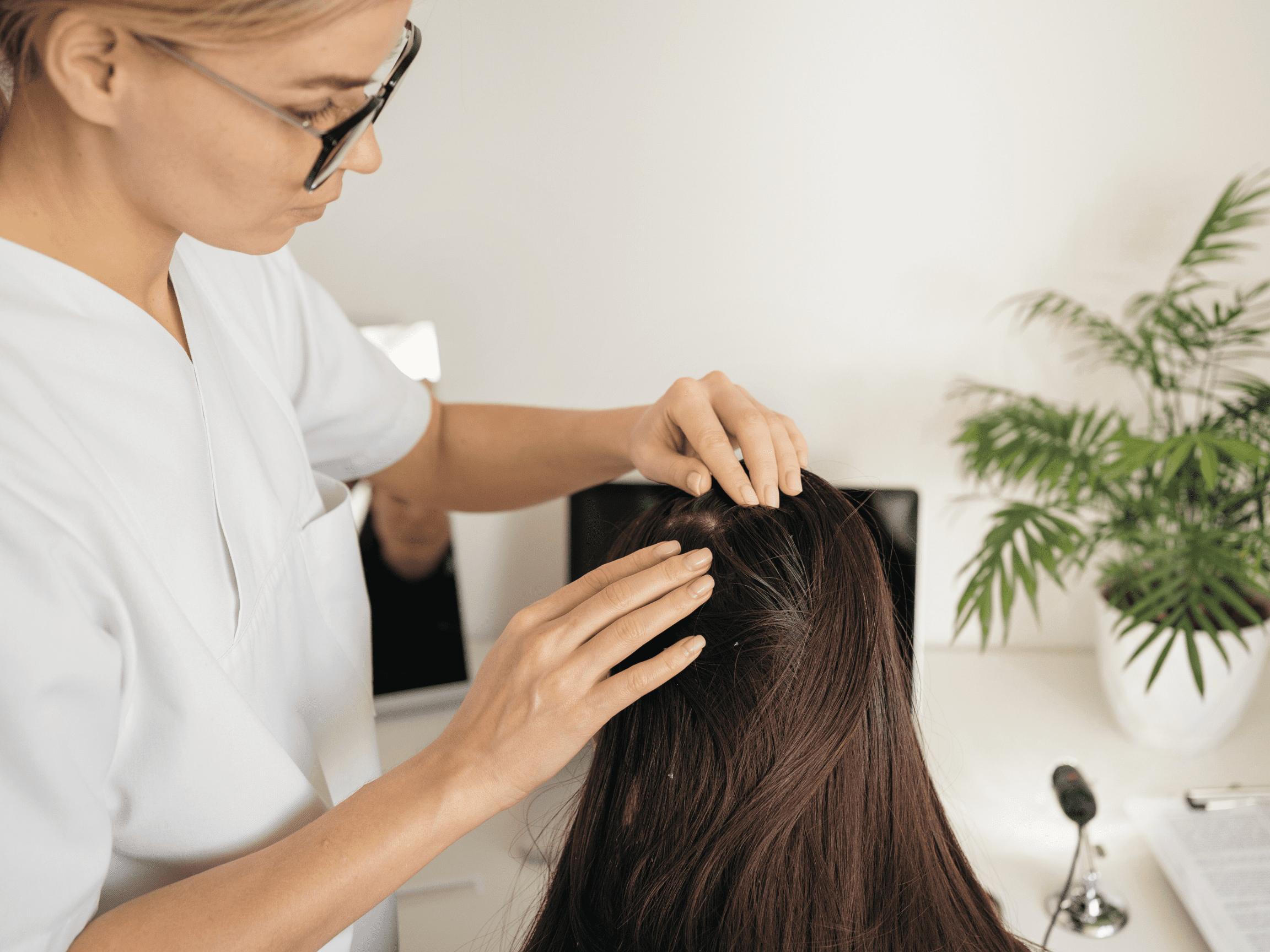
Hair Medical Restoration
Psychiatry, as a field, delves into the complexities of various mental health conditions, each with its unique set of challenges. Trichotillomania, an intriguing yet relatively uncommon disorder, we can find characteristics of an anxiety disorder and depressive disorder, which is expressed in that way finds its place within this spectrum, highlighting the intricate relationship between mental health and physical manifestations, specifically hair loss.
Trichotillomania, often dubbed the “hair-pulling disorder,” is categorized as an impulse control disorder. Within this chapter, we explore the irresistible urge individuals with this condition experience to pull out their hair, leading to noticeable hair loss. This type of behavior can normally be identified from childhood, but it is more common in adolescence. If you suspect these tendencies, it is important to go to a specialist. Examining the onset during adolescence and the varying degrees of severity, we unravel the psychological factors that drive these compulsive behaviors.
The core connection between psychiatry and trichotillomania lies in understanding that this disorder is deeply rooted in psychological factors. This chapter delves into the emotions that precede and follow the act of hair pulling, revealing how feelings of tension or anxiety drive individuals to these compulsive behaviors as a coping mechanism.There are cases in which it is necessary to use medications for this type of condition, so an evaluation by a specialist is always necessary.
As well as continue with monitoring to stimulate the growth of lost hair.
In the quest to understand the link between psychiatry and trichotillomania, a crucial aspect involves accurate diagnosis. The significance of psychiatric evaluation in ruling out other potential causes of hair loss, ensuring that conditions such as alopecia or dermatological issues are appropriately addressed.
A multidisciplinary treatment between the psychiatric doctor and your dermatologist or hair specialist is recommended.
Addressing trichotillomania requires a comprehensive treatment approach. In this chapter, we unravel the multidisciplinary strategies that psychiatrists employ, including psychotherapy, medication, and support groups.The cognitive-behavioral therapy (CBT) and medications such as selective serotonin reuptake inhibitors (SSRIs) in managing the disorder. Once controlled by psychiatry, options for hair restoration can be considered.
Trichotillomania’s repercussions extend beyond the psychological, affecting physical appearance and self-esteem. The emotional toll, including shame, embarrassment, and social isolation, and the vital role psychiatrists play in providing comprehensive care to address both the psychological and physical aspects of the disorder.
As we conclude our exploration of psychiatry and trichotillomania, we highlight the importance of understanding the psychological underpinnings of the disorder. Psychiatrists, through psychotherapy and medication, play a pivotal role in assisting individuals with trichotillomania to regain control over their impulses, fostering a journey towards improved mental health and an enhanced quality of life.
Expert hair professionals will help you restore the physical part of this disease. At HMR we provide you with an individualized assessment of your history and can present you with the most appropriate treatment, creating a better version of you.


